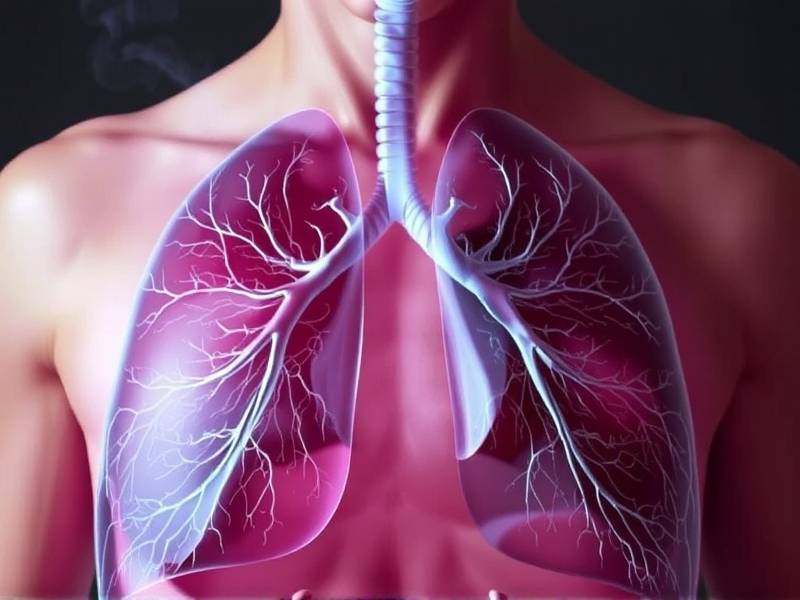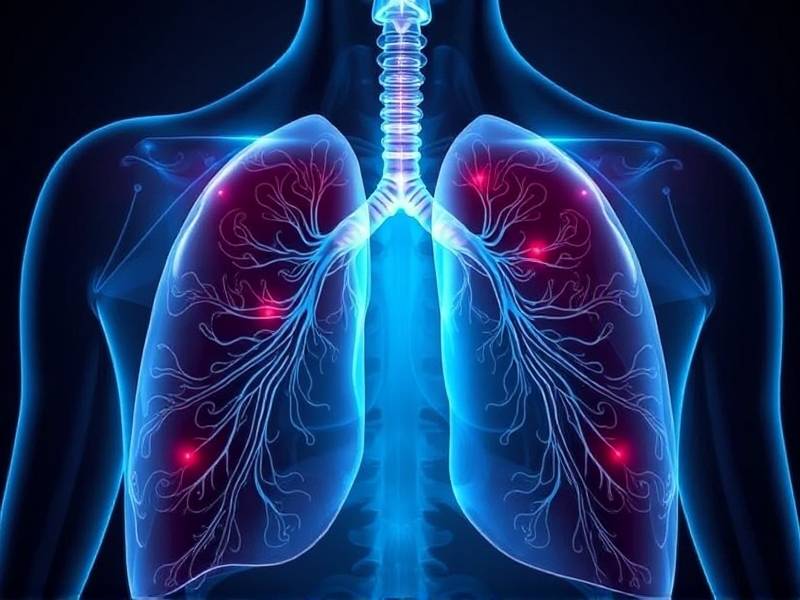Can Your Lungs Hurt After You Quit Smoking?
The Aftermath of Quitting Smoking: Can Your Lungs Hurt?
Introduction: Quitting smoking is a significant decision that many individuals make to improve their health and well-being. While the benefits of quitting are numerous, some may wonder if their lungs can experience discomfort or pain after they have stopped smoking. In this article, we delve into this topic, exploring the potential aftermath of quitting smoking and how it may affect your lungs.
Understanding the Process

-
The Healing Journey When you quit smoking, your body begins an incredible healing journey. The first few weeks are often the most challenging, as your body adjusts to the absence of nicotine. During this time, you might experience various symptoms, including coughing and a feeling of tightness in your chest.
-
Coughing and Clearing One common experience after quitting is a persistent cough. This is due to the body's attempt to clear out tar and mucus that has accumulated in your lungs over time. While it might be uncomfortable, it's a sign that your lungs are starting to heal.
Can Your Lungs Hurt?
-
The Reality of Discomfort It's possible for your lungs to feel sore or achy after quitting smoking. This discomfort can be attributed to several factors:

- Inflammation: The inflammation caused by smoking can lead to lung irritation even after quitting.
- Recovery: As your body recovers from years of smoke exposure, it might experience temporary pain or discomfort.
- Coughing: The act of coughing itself can cause strain on the chest muscles and lung tissue.
-
Temporary vs. Persistent Pain It's important to differentiate between temporary discomfort and persistent pain. Most people find that any soreness or pain in their lungs is short-lived and subsides as their bodies continue to heal.
Seeking Professional Advice
-
Consult with Healthcare Providers If you're experiencing severe pain or discomfort in your lungs after quitting smoking, it's crucial to consult with a healthcare provider. They can offer guidance and rule out any potential complications.
-
Monitoring Your Health Pay attention to any changes in your respiratory health post-quit day. While some discomfort is normal, sudden or worsening symptoms should not be ignored.
Long-Term Benefits Outweigh Short-Term Discomfort
-
The Big Picture Despite any temporary discomfort you might feel in your lungs after quitting smoking, the long-term benefits far outweigh these short-term challenges.
-
Improved Lung Function Over time, former smokers often notice an improvement in their lung function, including increased breath capacity and reduced coughing.
Conclusion: Quitting smoking is a commendable decision that comes with its own set of challenges and symptoms. While it's possible for your lungs to hurt after you quit, these sensations are generally temporary and part of the healing process. Remember that every puff you don't take brings you one step closer to better health for years to come.
